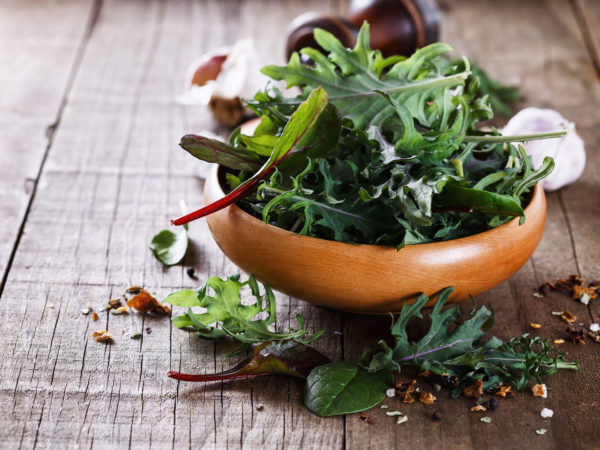Colon Cancer

Colon cancer, also known as colorectal cancer, is now the second leading cause of cancer deaths among American adults. The five-year relative survival rate is 90 percent for those who have found and treated the cancer at an early stage. But for those cases in which the cancer has spread, the rate goes down to 65 percent or lower.
Colon cancer develops in the region of the gastrointestinal tract called the large intestine or large bowel. The colon represents the main portion of the large intestine, and is responsible for absorbing water and electrolytes from the undigested food matter passed on from the small intestine. It also serves as a storage area for waste material. Colon cancer is believed to be initiated by damage to the epithelial cells lining the colon, the result of either chemical injury or chronic inflammation. Polyps, or small growths, may develop at the site of that damage. One type of polyp, called adenomas, may develop into cancer over time. Other polyps are benign.
Recommended Lifestyle Changes
Early detection is key to winning the cancer battle. Once you reach the age of 50, the following tests should be done routinely:
1. A fecal occult blood test (to test for blood in the feces) annually if normal
2. A flexible sigmoidoscopy every 5 years if normal, or
3. A colonoscopy (if normal, every 10 years), or
4. A barium enema every 5 to 10 years if normal and
5. A digital rectal exam at the same time the sigmoidoscopy, colonoscopy or barium enema is performed (up to 10 percent of tumors can be detected by this low-tech test).
Screenings should be done earlier if there is a family history of colon cancer or polyps.
Nutrition and Supplements
- Eat very little, if any, red meat. Regular consumption of red meat results in an increased risk of developing colon cancer compared to eating no red meat at all.
- Eat generous amounts of vegetables. Green leafy vegetables, especially, have been linked to lower risk of colon cancer.
- Eat plenty of fiber from a variety of foods (from beans to whole grains to fruit). Although recent studies have not been conclusive – especially when it comes to primary prevention of colon cancer – most physicians, researchers and nutritionists are still recommending a largely plant-based diet with lots of fiber.
- Limit alcohol. Studies suggest that the more alcohol you drink, the higher your risk of colon cancer.
- Make green tea your beverage of choice. Green tea consumption is linked with lower incidence of many kinds of cancer.
- Consider taking aspirin therapy. Research suggests that taking a daily low-dose aspirin over a period of years can cut colon cancer risk by as much as half.
- Take a multivitamin containing folic acid and vitamin D.
- Keep blood sugar and insulin levels low. Insulin resistance, especially when linked to excessive abdominal body fat, is associated with an increased risk of colon cancer.
- Eat small, balanced meals frequently and watch your intake of carbohydrates (sugars and starches), especially those with a high glycemic index.
More information on colorectal cancer recommendations from the American Cancer Society.









